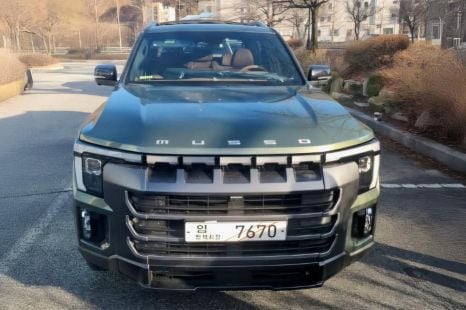

Damion Smy
2026 KGM Musso ute images leaked
38 Minutes Ago

Marketplace Editor
Many brands in the automotive world have had fairly distinct changes in design when it comes to electrified products, to the point where some brands do dedicated designs for their all-electric models. BMW isn’t taking this approach.
Speaking with CarExpert at the international launch of the i5 and i7 M70 in Portugal, head of BMW Design, Domagoj Dukec, said the brand’s customers prefer to choose between powertrains without changing model lines or conventional form factors.
“So far we are doing offerings like the i7 and i5 – it’s the same car [as the 7 Series and 5 Series],” Mr Dukec said.
“That’s our strategy, it doesn’t change anything. We believe the customer, whether they’re driving electric or using a combustion engine is more of an infrastructure topic or what governments support; but the experience you expect from a BMW is not changing, because maybe a customer says ‘I like my X3, I wish it existed [as a] fully electric vehicle – but please don’t make it different.
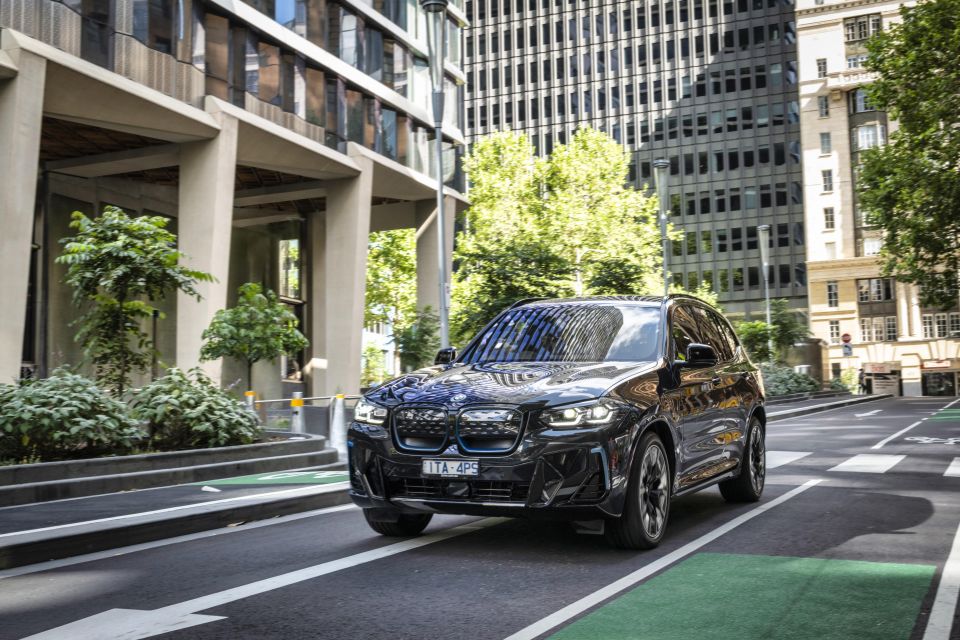
“Other brands, or iX you could say looks different, i3 looks different, but that was because these cars had a really different goal: they were actually trying to reach completely new customers which were not interested in BMW at all. People who said BMW is not interested but [with] i3, they came.
“[The] iX also, was not just about electrification – it was everything like new concept of all our technological features which are now in the i7. It was like the future, a very visionary car to talk about how mobility will change the interior becomes more important and so on.”
Speaking on the upcoming range of products based on BMW’s next-gen Neue Klasse platform, Mr Dukec said that while the distinctive Vision Neue Klasse concept from this year’s Munich mobility show will spawn a production electric vehicle, the core range will continue on the current path of designs that cater to all powertrain types.
The mould-breaking designs will be left to dedicated i-branded products like the iX.
“The i, and i as a brand – as we have M as a sub-brand – it stands for ‘incubator’, ‘innovations’. With i you could always try things and show that we are always dealing with challenges of the future, which could be a risk for BMW,” said Mr Dukec.
“[Vision Neue Klasse] is not that, it’s really the core brand. This is not one product – in the portfolio of new models which will be [based on] Neue Klasse, ‘Neue Klasse’ won’t even be the name of these cars.”
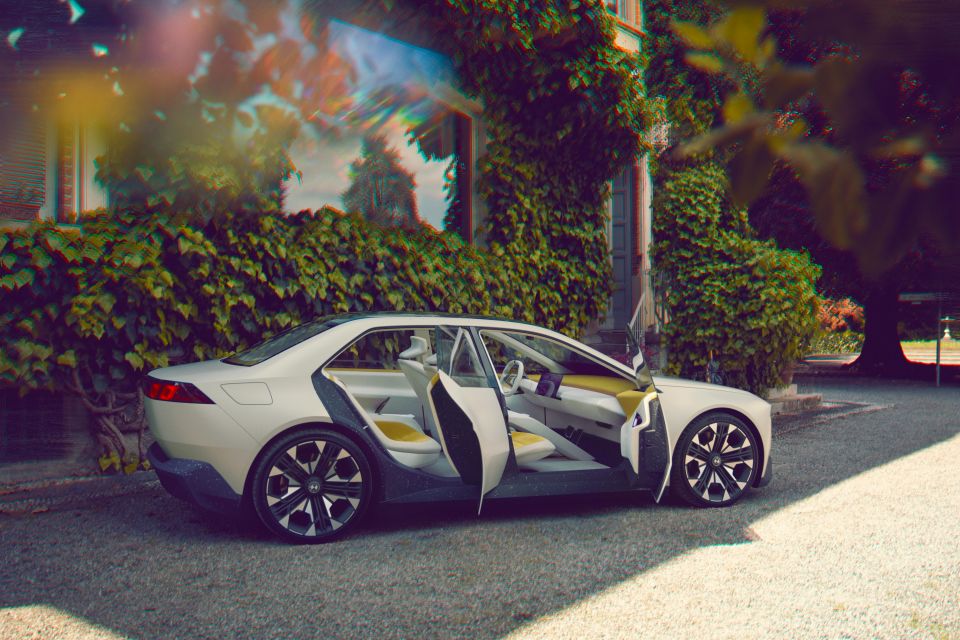
“It’s something where we change the whole approach and development, also how we approach our customers, the whole experience of [the vehicle’s] lifetime, the configurator, how you buy it, how you maintain it, how you always keep it fresh, how you make it sustainable, how you make it accepted by society – this is Neue Klasse.
“This is not only a platform, this is not only electrified cars, this will also be for combustion engines. So the whole thing is relevant for combustion engines – combustion engines can also be efficient – and in some regions where you have no charging spots, why should they not experience the sustainability experience of certain things which are relevant.”
Mr Dukec then spoke to the unified approach when designing vehicles that will offer combustion, hybrid and battery electric drivetrains, explaining that aerodynamics is crucial to efficiency across the board.
“Especially when you drive faster, from all powertrains you have a CO2 limit which as a brand your whole fleet should not exceed. Electric cars are calculated with zero (g/km of CO2), but all the others the CO2 emissions is calculated by your consumption,” Mr Dukec said.
“It makes a big difference if your aerodynamic coefficient is bad. So this is the same for both and cars in the future. [For example] i5, you have to put the electrified powertrain into the same shape as the combustion engine, so you have to make sure this shape is sufficient.”
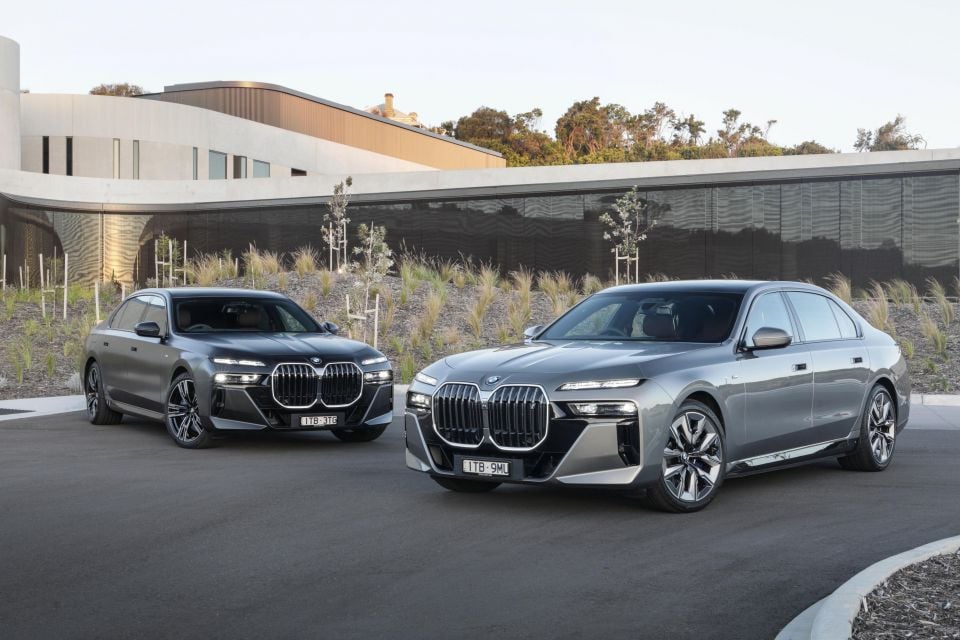
Within the current range, the BMW iX is the only electric vehicle from the brand’s stable that isn’t based on an existing model line with combustion or hybrid power. The iX1 and iX3 are electric versions of the X1 and X3 SUVs, the i4 is based on the 4 Series Gran Coupe, the i5 is nearly identical to the new 5 Series, and the i7 is an electric 7 Series.
While the Vision Neue Klasse concept is expected to spawn an all-electric production model, the next-generation BMW architecture of the same name will underpin the successors of the core model range – 3 Series through to X7 – and continue to offer combustion engines with mild-hybrid and plug-in hybrid tech, along with electric drivetrains.
Numerous company executives have said on the record that the advancements of the Neue Klasse platform – not just limited to design, chassis and drivetrain, but also production methods and supply chain – are so significant that it’s as if BMW has skipped a model generation.
Are you aligned with BMW’s strategy around design? Let us know your thoughts in the comments!
MORE: Everything BMW
Where expert car reviews meet expert car buying – CarExpert gives you trusted advice, personalised service and real savings on your next new car.
James Wong is an automotive journalist and former PR consultant, recognised among Australia’s most prolific motoring writers.


Damion Smy
38 Minutes Ago
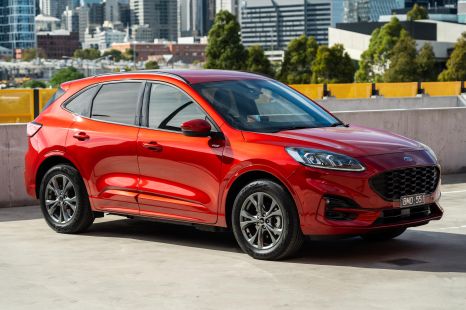

Damion Smy
2 Hours Ago
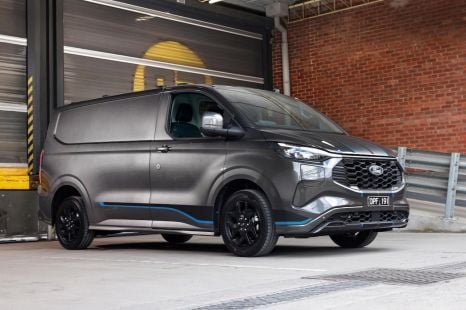

Damion Smy
2 Hours Ago
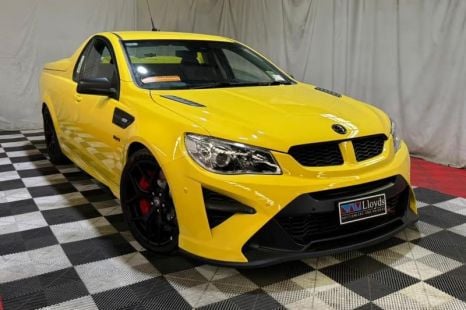

Damion Smy
3 Hours Ago
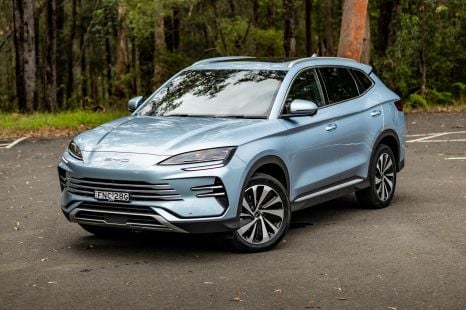

Josh Nevett
3 Hours Ago
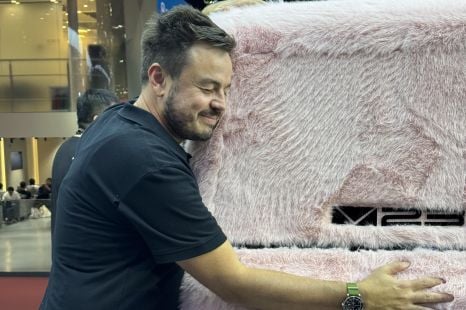

Max Davies
4 Hours Ago